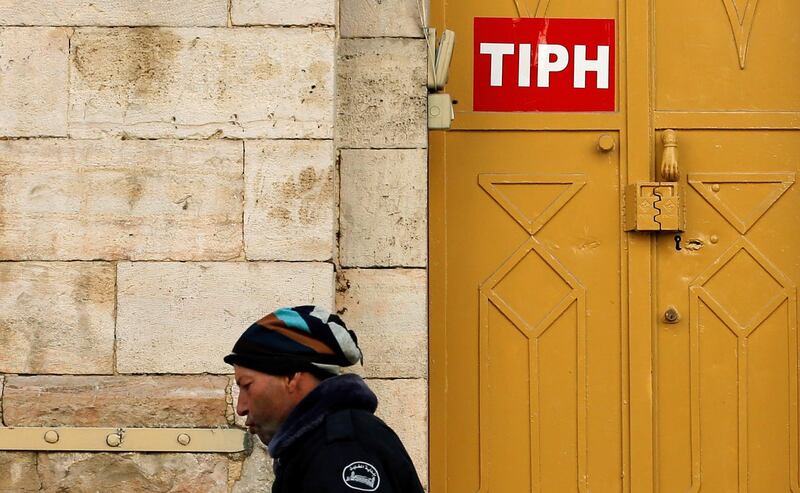For the past two decades, the West Bank city of Hebron, home to hundreds of thousands of Palestinians and a few hundred Jewish settlers, has symbolised the inequitable lot of the Palestinian people. Unlike the other cities and villages placed under sole control of the Palestinian Authority by the Oslo Accords, Hebron was instead split in two. A fifth of the city remains under the control of the Israeli military, which imposes a regime of curfews and movement restrictions on the Arab population. Until now, the Palestinians had the limited protection of the Temporary International Presence in Hebron (TIPH), a Norwegian-led civilian observer mission set up in 1997, with the agreement of both sides. Now that protection has been stripped away, thanks to cynical pre-election manoeuvring.
Israel goes to the polls on April 8. Israeli Prime Minister Benjamin Netanyahu, threatened by allegations of corruption, has lost confidence among his right-wing power base. He also faces the rival candidacy of Benny Gantz, a popular former head of Israel's military. To remain in power, Mr Netanyahu must reinforce his hard-line credentials. Refusing to renew the 22-year mandate of the TIPH will play well with Israeli settlers and their supporters, but also threatens to destabilise a volatile city. As such, Mr Netanyahu's breach of international agreements represents an unconscionable gamble with thousands of lives.
Israelis have long resented the TIPH, an observer group composed of members from Italy, Norway, Sweden, Switzerland and Turkey. In July, footage emerged of two incidents. In one, a member of the group appears to slash the tyre of a settler's vehicle. In another, a Swiss member reacts to an assault by a 10-year-old Jewish boy by slapping him. Neither incident is acceptable. Both men would likely, and rightly, have faced charges had they not been pulled out of the country by the TIPH. But neither justify ending the valuable work of an organisation that has spent many years looking out for Palestinian interests.
In December a confidential 20th anniversary report by the TIPH, available only to its member countries and the Palestinian and Israeli authorities, was leaked. It documented “severe and regular” acts of discrimination and multiple breaches of international humanitarian law by Israel and the Hebron settlers. For the past two decades, the TIPH has pursued its mission to promote by its presence “a feeling of security to the Palestinians of Hebron”. That security has now been lost.





